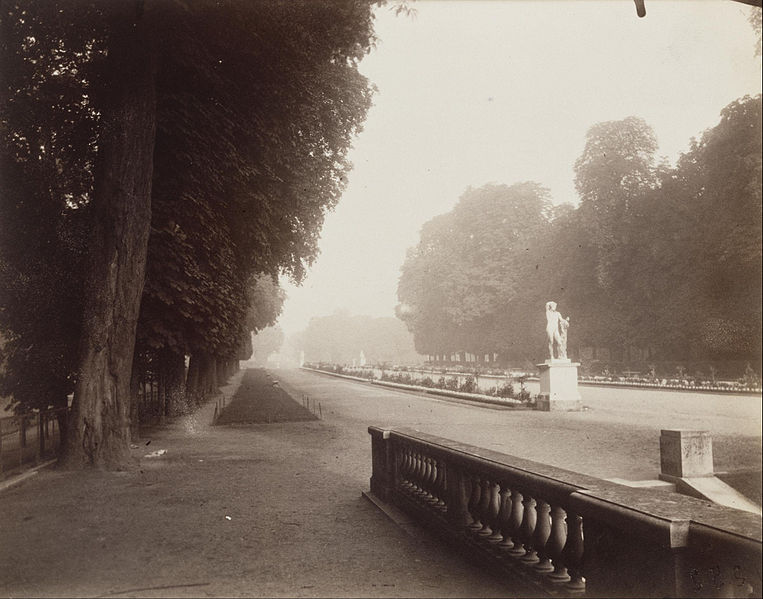Mirrored Crisis: Post-Trauma Diaspora Memory through Jonathan Safran Foer’s EVERYTHING IS ILLUMINATED
The aftermath of war and displacement is often a diaspora, the literal scattering of a group’s seeds far from the tree of origins. However to call that wrenching of branches, as was discussed in Part I of this series (Mirrored Crisis: What Jeffrey Eugenides’s Middlesex can show us about today’s refugee crisis) just a scattering is to deny the pain involved. The descendants of a group who have gone through such traumas often feel something missing in what was once their homelands, the tree of origins now like a phantom limb that aches so much that they are moved to try to discover the original tree.
In 1959, my father left Istanbul for the United States following events and circumstances that made staying in Turkey a difficult proposition for the Greeks and minorities of the country. Fifty years later in 2009, I moved to Istanbul myself. I did so to research and write about the Greeks of the city in the 1950s. In doing so, I was trying in my own way to discover and understand the past that I felt but could not see.
In preparation for my work, I read a lot about Turkey and Turkish history. By chance during that time, I read Jonathan Safran Foer’s Everything is Illuminated. Without having gone on his eponymous character’s and sometime narrator’s journey, I felt a connection to my own story. Though Foer is trying to recover traces of his Jewish family who had been in the shtetl, or village, of Trachimbrod in Ukraine based on a photograph, a few maps, and the aftermath of the Holocaust, which was much larger than my own family’s trauma, I could still see my own quest within his.
As Foer writes of the members of the Trachimbrod shtetl trying to form a coherence of memory even before they are annihilated by the Nazis, he particularly notes that the women fare worse than any other shtetl members. That there is
“no help in their searches for beginnings, no one to ask what the grit of pressed raspberries might have to do with a steam burn, or why the sound of children playing in the Brod made their hearts drop out of their chests and onto the floor”
should not be interpreted as the women’s social isolation, as they were left out of shtetl councils, but as the experience of the diaspora.
The post-trauma, diasporic existence pushes one into creating narratives to keep one’s sanity since pieces of the connective matter of memory are missing. Everything is Illuminated emphasizes this not only before the shtetl is emptied, but long before when Yankel, the lone usurer whose wife has run off with an official, fictionalizes the existence of a wife and a mother for his adopted daughter, Brod. The existence of this fictional wife is something he almost believes, so that he “miss[es] the weight that never depressed the bed next to him, remember[s] in earnest the weight of gestures she never made”, but that he cannot believe with his whole self. He holds onto a piece of truth: the note his real wife left for him on his doormat when she ran off with the official that states,
“I had to do it for myself.”
The note always reminds him of the life he holds inside of himself as the alternative existence that was and could have been but was not because of her decision to leave him. The false narrative Yankel has created for himself and for Brod is a reminder that life is often filled with smaller traumas that create alternative routes of memory that we have for our own sense of being, notwithstanding the narratives we create to deal with the purposeful gaps in memory from trauma.
In 2014, I gained access to the grounds of the Prinkipo Rum Orphanage on the island of Büyükada in Istanbul. I didn’t have a direct connection to the orphanage itself, which was in operation from the early 20th century until 1964, but my paternal grandmother and her family made the island itself their home when they first came to Istanbul from the village of Delmisson (now Hançerli) in Niğde, in central Turkey.
I had passed by the orphanage many times in my trips to the island. The building itself, the second largest wooden building in the world to date, is hard to miss on the ferry’s approach from the mainland city, and when one is on the island itself the orphanage rises almost all at once from the pine trees, and just as quickly recedes into them from another angle. My memories of that island from my first and only trip to Turkey with my whole family are of a walk to the orphanage from the small houses my grandmother and great grandmother once owned. We cut a rickety, steep path through the woods to see its tremendous, sad figure from the distance of its gates.
Today, the gaps in its wood facade make the building seem not only toothless, but clad in rags. When I gained access to the grounds in 2014, aside from the caretaker’s house on the edge and a side building, at first there was a whole lot of nothing, the sort of nothing that Alex, another narrator of Everything is Illuminated, sees when he arrives with Foer in Trachimbrod. He notes that, “When I utter ‘nothing’ I do not mean there was nothing except for two houses, some wood on the ground, and pieces of glass, and children’s toys, and photographs”—and that was the sort of nothing, the emptiness of life that I saw too, even in the scraps of a grocery list in neat Greek handwriting and a formal typed thank you note for a donation to the orphanage floating in the uncut grass, and in the decaying shoes piled in the basement.
Otherwise anything that I might have imagined I would have found in the place was not there. I was alone with the echo of empty limbs, of the imagined movements of children who had lived here and then just as suddenly were not there, just like my family, just like Foer’s family, and just like any community that was and then it would seem, almost suddenly, was not.


